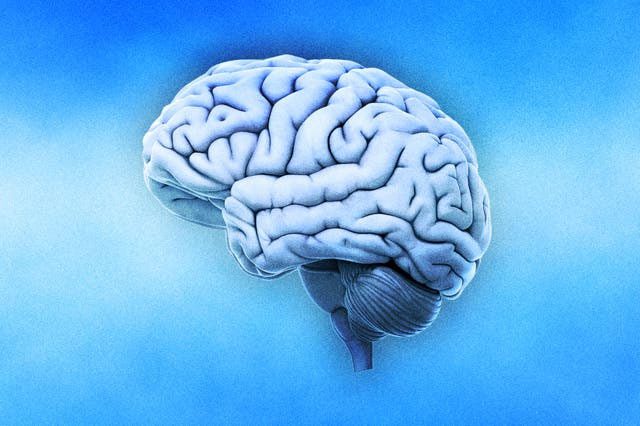The Cold, Dark First Month of the Year: Does It Really Affect Our Brain’s Functioning?
Even for the most disciplined individuals, January can be an endless and sluggish struggle. During the early days of the year, do you often find yourself distracted, absent-minded, or unable to focus on work?
Welcome to the “Dismal January”, the time when people tend to feel the most unusual lethargy of the entire year. As we return to work after the joyful holiday season of Christmas and New Year, many struggle to adapt. Our brains may feel foggy, lack motivation, and some even experience significant difficulty achieving normal productivity.
Scientists have coined the term “January Brain”: a general sense of mental sluggishness, as if we are procrastinating or moving slowly in everything we do.

The human brain functions differently depending on the time of year. (Illustrative image).
All of this occurs at a time when we should be breaking free from our “holiday cocoon” to start pursuing our New Year’s goals. It’s no surprise that one in five people abandon their New Year resolutions in less than a month, according to a recent study by Forbes. But why do so many of us feel sluggish and stagnant at this time of year?
It has long been accepted that animals adapt to the seasons: they may migrate in winter or change their fur color. Some mammals even undergo changes in their brains. Professor Tara Spires-Jones, deputy director of the Centre for Discovery Brain Science at the University of Edinburgh and president of the British Neuroscience Association, stated: “In hibernating animals like squirrels, part of their brain exhibits Alzheimer-like pathology during hibernation. But that condition disappears when they wake up.” To conserve energy in the cold, the brains of shrews shrink, making navigation more difficult for them.
The impact of seasons on human brain power has not been widely explored, but some studies have delved into this phenomenon. In 2016, researchers at the University of Liège in Belgium assessed the brain function of 28 participants throughout the year. Each volunteer spent four and a half days in the lab, and at the end of that time, they participated in two tasks designed to test attention and memory capabilities. Their brains were scanned using fMRI to detect changes in blood flow associated with brain activity.
Ultimately, the researchers found that attention-related activity peaks in June, around the summer solstice, and is lowest near the winter solstice at the end of December. Therefore, human brains fundamentally operate differently depending on the time of year. Notably, they discovered “significant annual variations” in the thalamus and amygdala, brain regions associated with alertness, as well as in the hippocampus and frontal cortex. Both of these areas contribute to self-control, problem-solving, and reasoning. Meanwhile, memory-related activity peaks in the fall and declines around the vernal equinox at the end of March.
Co-author of the study, Dr. Gilles Vandewall, told The Daily Telegraph: “Since the means we use to complete cognitive processes are lower in winter, we may find it more challenging to accomplish them.” Vandewall also argued that these brain changes in humans may have diminished significantly over time after modern inventions such as electric lighting and central heating emerged, helping us live more harmoniously with the seasons.
In many countries, notably the UK, daylight in January can be quite dreary. Light (or lack thereof) can affect our brain and health. Professor Spires-Jones noted: “Every cell in your body has a molecular clock. The main regulator of these clocks is located in the brain and is called the suprachiasmatic nucleus. When it receives information about light through the retina of the eyes, it signals the body that it’s time to wake up. And that controls things like sleeping and waking, activity, eating, and reproduction. Therefore, not getting enough light can disrupt all these activities, affecting our mood and sleep schedule.”
The abrupt return to a regular routine after the holidays also contributes to feeling down. If we spend a week or more relaxing in a cozy holiday atmosphere, our sleep-wake cycle and the body’s biological clock will be altered. Consequently, our levels of activity and mood in the following days as we return to our old routine will also be impacted.


















































